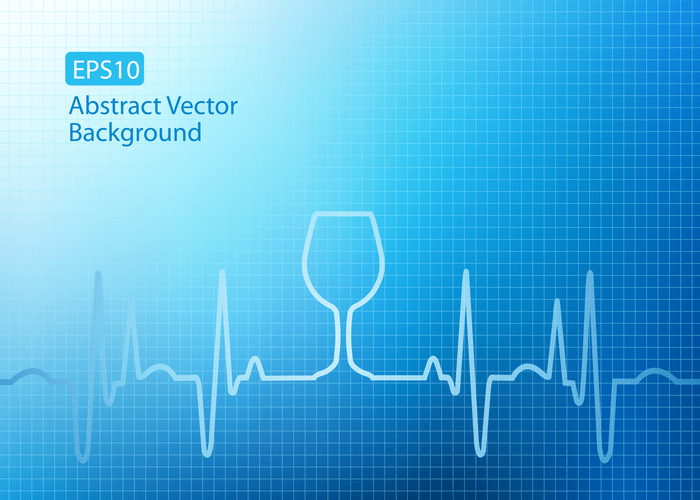DT’s are less common than regular alcohol tremors, occurring in about 5 percent of patients going through withdrawal. Alcohol tremors are involuntary shaking/trembling of one or more parts of the body. Alcohol tremors are a response to alcohol withdrawal or alcohol use disorder/alcoholism. Alcohol shakes are https://stalkeruz.com/soft/alcohol-120-dlya-windows-7.html typically present in the hands, but they may also appear in the arms or legs.
Complications of Delirium Tremens

In extreme cases, withdrawal can lead to delirium tremens or seizures, both of which require immediate medical attention. The best chance for a successful, long-term alcohol recovery means committing to an effective alcohol treatment program. It also means committing to lifestyle changes that will keep you physically and mentally healthy, and alcohol free. There are many ways you can take control of your sobriety and live a better life. Therefore, detoxification under medical supervision is always the safest option.
What are alcohol shakes?
- This type of tremor typically involves rhythmic shaking in the hands, trouble writing or drawing, difficulty using utensils, a shaky voice, and more symptoms.
- The role of age and frequency of alcohol use can influence the body’s response to alcohol as well.
- Regular and heavy consumption of alcohol alters the way your brain functions.
- The fluids can come from water, other drinks, and food, but approximately 80 percent should be from water and non-caffeinated drinks.
Alcohol withdrawal symptoms occur because the body relies on alcohol to function. When you stop drinking, your body has to adjust to working without alcohol. At Sabino Recovery, we understand the challenges that you or a http://modnaya.ru/shop/aliexpress/2003-1/200000532/200000663/Costumes-Accessories.htm loved one might face during the recovery process. Our holistic approach to therapy includes exploring alternative therapies such as acupuncture, meditation, and physical activity to help you regain balance and control over your life. Understanding your own or a loved one’s relationship with alcohol can help address the root cause of dependency and inform appropriate treatment options. Experts like us at Sabino Recovery can provide guidance and support during your journey towards recovery.
- Your doctor and other providers aren’t there to judge you but to help manage your symptoms and improve your chances of recovery.
- Alcohol tremors usually happen when someone with chronic or long-term alcohol abuse quits drinking.
- Although it is not a narcotic, there are still possible side effects, which could be severe.
- It’s important to seek medical attention if experiencing alcohol withdrawal, as symptoms can range from mild to life-threatening, and appropriate treatment is vital for safety and recovery.
- Treatment shouldn’t only address physical symptoms but also cater to emotional, psychological, and spiritual needs.
- We are visually recognizing our growth with a unified look that better reflects who we are today and the passion we have for helping everyone with their addiction and mental health recovery journeys.
Articles
- Delirium tremens is a much more serious form of alcohol tremors and usually appears a couple of days after someone ends an intense drinking binge.
- According to the Mayo Clinic, men should aim to drink 15.5 cups (3.7 liters) of fluids a day and women should aim to drink 11.5 cups (2.7 liters) of fluids a day.
- Glutamate causes some common delirium tremens symptoms, such as a sudden, extreme spike in blood pressure, tremors, severe excitability, and seizures.
- In some mild cases, the tremor may be light and hardly noticeable, but in the more severe cases, it may cause pain and other symptoms that can interfere with daily activities.
Alcohol tremors can be debilitating and can make doing simple daily tasks https://gcup.ru/forum/0-0-3-42-4421 much more difficult. Benzodiazepines are used to treat withdrawal symptoms such as tremors but must be used under close medical supervision, as they can be dangerous. Valium, Librium, Ativan, and Serax are benzodiazepines that may be prescribed to treat symptoms of alcohol withdrawal. Serious side effects can occur with any benzodiazepine, as well as possible dangerous interactions with other drugs or medications.

Understanding alcohol “shakes” and tremors

Others may require inpatient treatment, especially if you’re experiencing severe symptoms like DTs. It’s important to remember that seeking professional help is a crucial part of this process. Once you’ve decided to stop drinking alcohol, it’s important to meet with your doctor. He or she can guide you toward the safest, most comfortable, and most effective plan for your sobriety. Alcohol abuse affects your physical and mental health, so it’s important to be guided by someone who knows your medical history. Your doctor may personally oversee your alcohol withdrawal, or he or she may refer you to an inpatient or outpatient treatment facility.